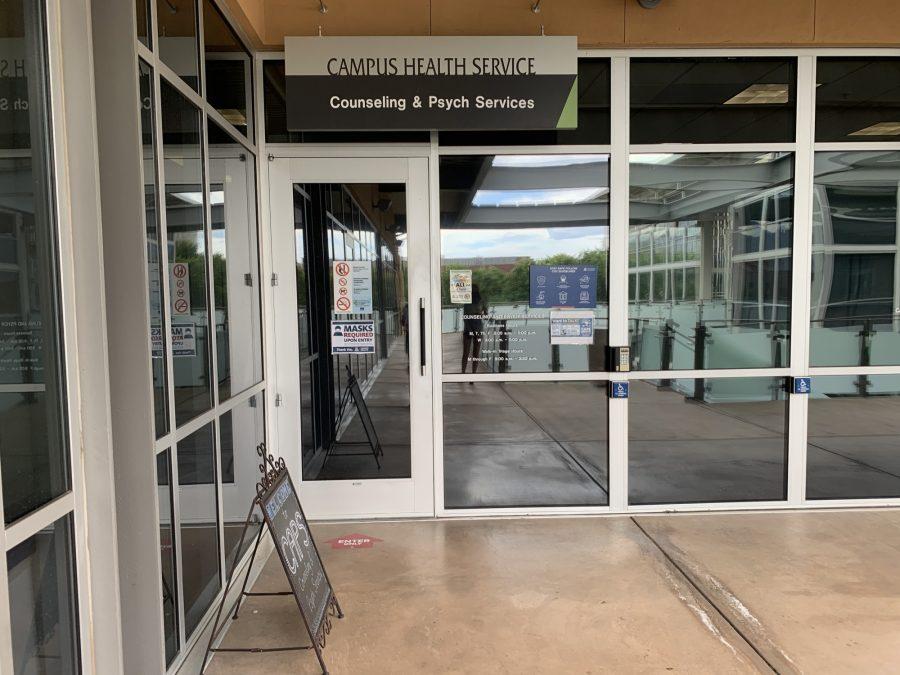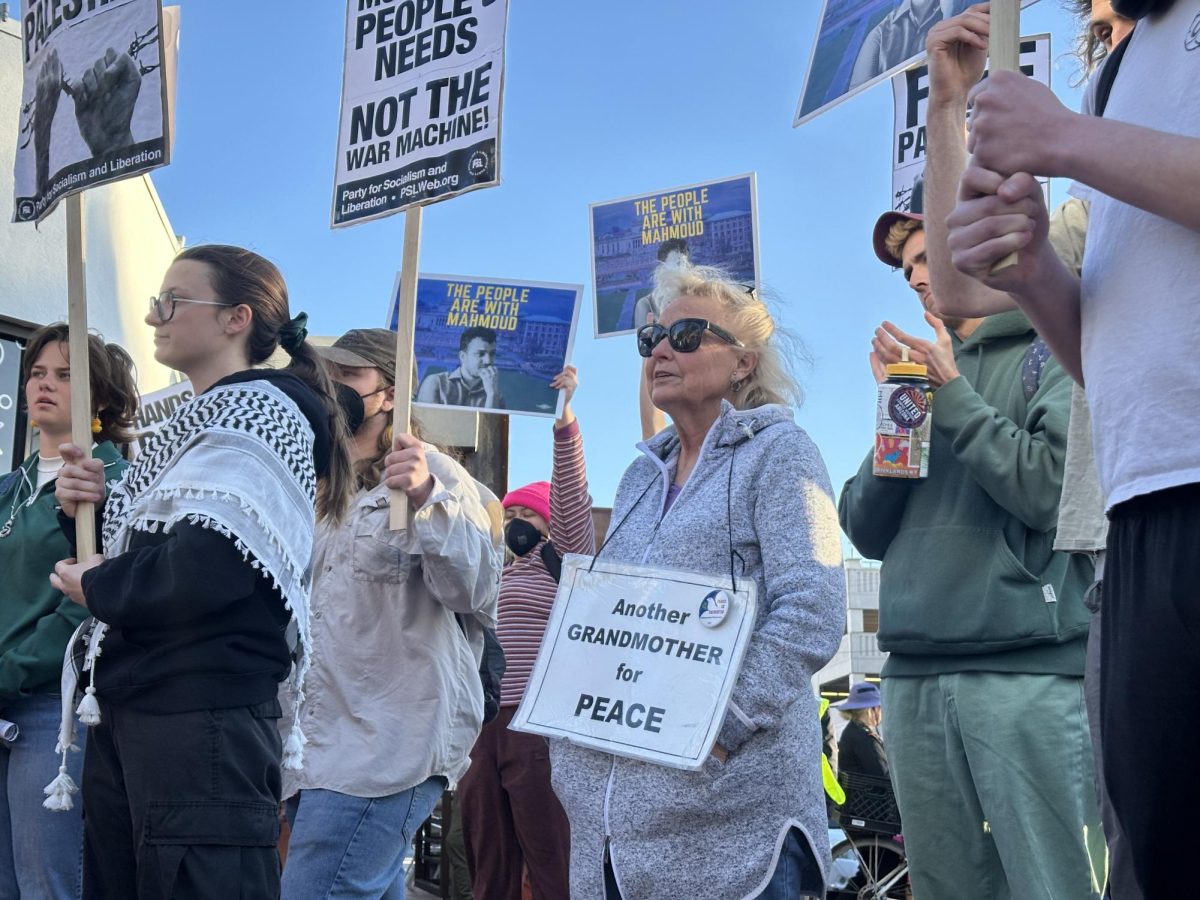September is National Suicide Prevention Month, and the University of Arizona has resources to help students who are struggling with mental health or suicidal thoughts.
UA Counseling & Psychological Services is an on-campus resource accessible to students. CAPS provides individualized ways to deal with mental health issues; students can schedule one-on-one appointments online or utilize free CAPS resources on their website if they’re not comfortable with talking to someone yet.
Leslie Ralph, the coordinator of mental health promotion and communication at CAPS, coordinates outreach activities for struggling students.
“Know that you’re not alone, even though it can feel like you’re alone,” Ralph said. “There are lots and lots of choices for you, and you’re never ‘locked in’ if you come to CAPS and make an appointment. It’s not like you have to keep coming, but it can help to take that first step to see what’s on the website. Talk to a counselor, and if not that, reach out to somebody that you trust.”
CAPS works alongside other on-campus resources to help with suicide prevention awareness but also suicide prevention training.
Christiana Castillo is the project coordinator of Project Lifeline, a Garrett Lee Smith Campus Suicide Prevention grant. Castillo coordinates QPR under this grant, a free training program that teaches students how to recognize the warning signs for suicide.
“QPR stands for Question, Persuade, Refer,” Castillo said. “These three simple steps anyone can learn to help save a life from suicide. As a QPR-trained gatekeeper, you will learn to recognize the warning signs of suicide, how to talk with someone you are concerned about, connect those in need with resources and potentially save a life.”
Register for QPR training on the Campus Health website.
The UA also has student groups that talk about mental health and teach students self-care practices. These student groups are a great way to meet other students and find a support system.
Join a mental health student group on the Campus Health website.
Campus Health is also facilitating the Hope Message campaign, where students can share a message of support to other students.
Share a message of hope on the Campus Health website.
“We’re really trying to reach students before they’re at the point of crisis so they can get the help that they need,” Castillo said.
The National Suicide Prevention Lifeline is now The 988 Suicide & Crisis Lifeline, available by texting or calling 988 anytime, 24/7.
Follow Annabel Lecky on Twitter








